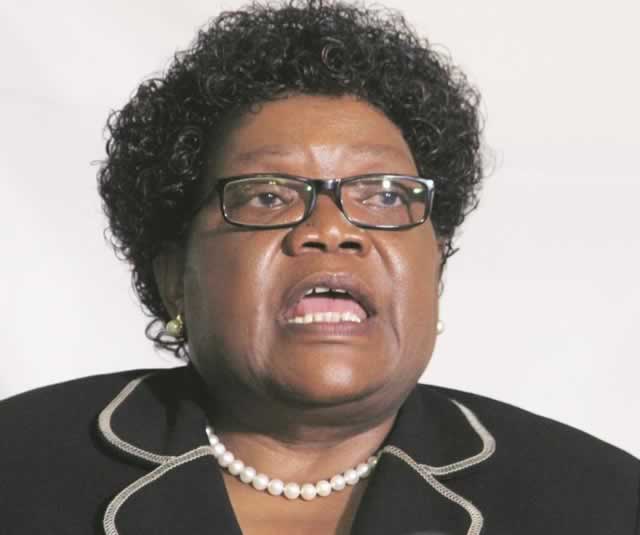When property becomes painful

Monica Cheru-Mpambawashe : Lifestyle Editor
79 year old Cathrine Jani says after working hard as a nurse and saving for a comfortable retirement, things have not turned out the way that she thought they would. She lives in Avondale and lets out a flat in town as well as her staff quarters. “I live off the rentals and the past few months have been tough. The two properties for months with no takers so I reduce the rentals. But the new tenants soon default and move out and I have to start again. It has become hard I tell you.”
Jani is a widow. She looks after the orphans left behind by her two daughters. Her married son cannot afford to do much for her. She says rentals for her two bedroomed flat in town has fallen from $650 two years ago to less than $400 now and she can barely get $100 from her staff quarters.
Jani’s story is echoed by many other senior citizens in the city.
“We did it hard way — saving and getting mortgages then faithfully paying them off. We did not have this culture of you young people of today who want everything on credit and then do not want to pay off the loans. So it is really painful for us to suffer like this after all our sacrifices.
“We looked after our parents while educating our children. But we still saved because we wanted to retire in comfort. We do not want to be a burden on our children who have their own families to look after.
“Pensions have been eroded. If I tell you what I got from my pension policy (with a named insurer), you will cry,” said Johannes Kamuriwo of Hatfield.
He says he has two sons and three grown up daughters but he hates being a burden on them and would rather survive on the rentals from the two bedroomed cottage on his property.
Maintenance bills
Many property owners are faced with high maintenance bills. Beside tenants damaging structures and fittings, natural wear and tear also comes into play.
“Whenever a tenant moves out, you know that there will be repairs to be done. Faucets are leaking, light bulbs need replacement, electrical sockets are destroyed, lock sets have been vandalised and you always need a paint job.
“In the past you would have the deposit to fall back on. Nowadays the tenant sometimes does not pay deposit on entering the house. They say they will pay later and since you need the rental money you let them in on good faith. Or sometimes they stay for a month without paying rent and their deposit is used up and the repairs are on you,” said Jani.
She added that both her properties are old so she now needs to undertake massive renovations to make them more attractive but she cannot afford to do so. The house that she is living in needs a new roof and ceiling and would not bring much if she decided to move to a smaller property and rent it out.
Unpaid utility bills
Besides the repairs, the landlords are also having to deal with unpaid utility bills.
“The ZESA people did right to bring pre-paid meters. At least that is one less headache. It is the municipal bill that is still a headache. I had one tenant who went away and left a bill of over $1000 last year. I am still struggling to pay it off so that eats into whatever little I get. You can imagine the months when I do not have a tenant or when they do not pay,” said Jani.
She said the introduction of pre-paid meters by City of Harare will help property owners because a number of tenants just move out without bothering to inform the landlord.
Many housing developments
A real estate agent said that rental properties have been pushed down by new housing developments sprouting all over the city.
“Go in any direction from the city centre and I can almost guarantee that you will come across construction of residential properties. People are opting to live in temporary or incomplete structures instead of paying rentals. This pushes rental prices down as demand is not as high as it once was.
“But it is not just individuals feeling the pinch. Even major corporate investors are reeling from low occupancy rates in commercial properties. And they are also facing the same problems with defaulting tenants. ” He said property owners will have to live with the situation and pray for an upturn soon.










Comments